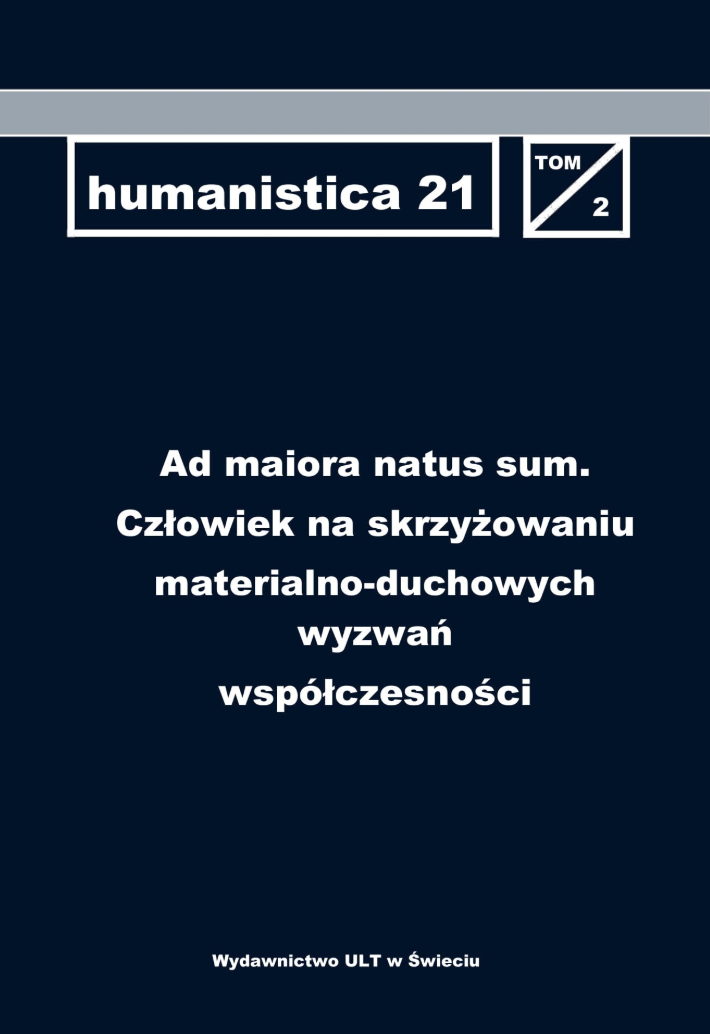Репрезентация войны как травматического события в поэзии Ю. Кузнецова
Representation of war as a traumatic event in Y. Kuznetsov’s poetry
Author(s): Maksym PonamorenkoSubject(s): Language and Literature Studies, Theory of Literature
Published by: Wydawnictwo ULT w Świeciu
Keywords: historical trauma;war;representation;mythologized reality;archetype
Summary/Abstract: The article is to analyse the lyric poetry of a Russian poet Yuri Kuznetsov in the context of trauma studies. This theory was established at the turn of the 19th and 20th centuries and it has interdisciplinary character. In the postmodern literature, to which the writings of Kuznetsov also belong, it becomes especially up to date. It can be seen, for example, in the monograph Writing History, Writing Trauma. Using this theory we show that lyrical protagonist of Kuznetsov is autobiographical and that he is tightly connected with the concept of war. For the poet the war is a childhood trauma which is impossible to overcome. The deep analysis of his biography shows that the father of the poet in 1942 saved their village from the German invaders, yet later on he died in one of the battles on Crimea in 1944. We find those facts having a great influence on the writing of Yuri Kuznetsov. In the 90's in the literary research of S. Felman, D. Laub and K. Karut appears a term his¬toric trauma, which expresses, mainly, the process of realisation of trauma in the collective memory of the nation. However, in this paper the focus is on solving of the problem of the influence of war as mythologized reality on consciousness and art of an individual. In the context of artistic world of Kuznetsov we speak about the war after-the-fact, that is, about the psychological reception of the lyrical protagonist of the events in which he did not participate directly. The individual traumatic experience of Yuri Kuznetsov, connected with the loose of a dear person – his father, initiates the mechanism of representation of the past in the present. The process is described by the historian and the researcher of the trauma theory Dominik La Kapra as working trough. We focused our attention on the inner experience and individual memory of Kuznetsov-the-son, which are based on the continuity of family line and the direct bond with the person of Kuznetsov-the-father. Thus, the figure of the father plays in Kuznetsov's lyric the role of the Father’s archetype, what is directly connected with the real events, which took place in the life of the poet. The subconscious family bound father-son lets the lyrical protagonist to have a conversation with his father within the literary world. However, such conversation reconstructs the war itself in the text as complex incident, which is experienced by the author as if he himself took part in it.
Journal: humanistica 21
- Issue Year: 2/2018
- Issue No: 2
- Page Range: 329-350
- Page Count: 22
- Language: Russian

